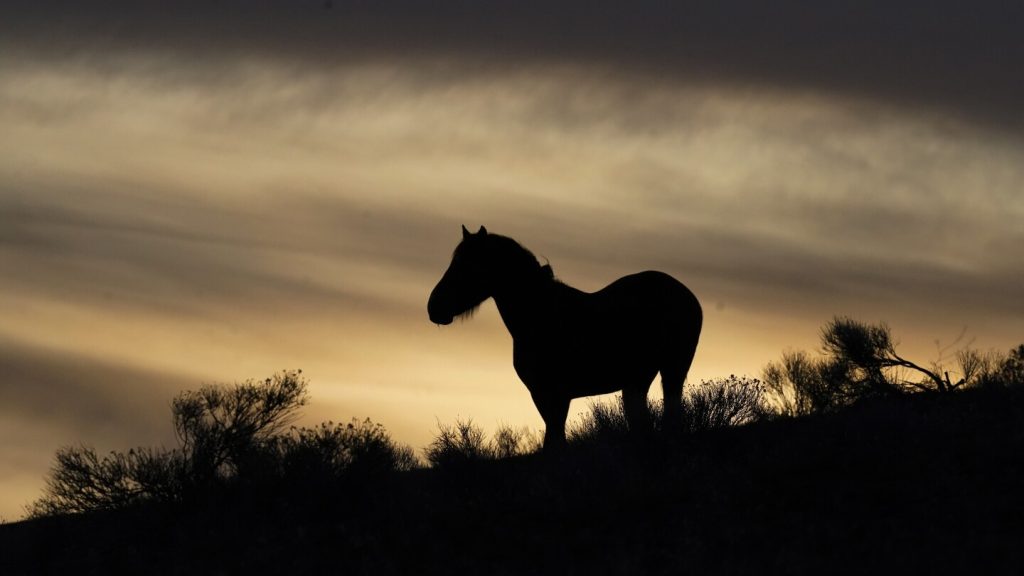In a recent legal victory for wild horse advocates, a judge ruled that U.S. land managers failed to adopt a legal herd management plan or conduct the necessary environmental review before 31 mustangs died during a roundup of more than 2,000 horses in Nevada last summer. U.S. District Court Judge Miranda Du in Reno ordered the Bureau of Land Management to complete a formal herd management plan for the Pancake complex in eastern Nevada by next March 24. She also mandated that the agency reopen an environmental assessment to consider the potential impact of roundups on wildfire risks. This ruling sets a precedent that will provide more protection for mustangs roaming federal lands in the West in the future.
The court specifically rejected the agency’s argument that its broader resource management plans, combined with individual roundup plans for overpopulated herds, satisfied the requirement to adopt a formal herd management area plan (HMAP) for the long-term health of the herds and the rangeland in a particular area or herd complex. This decision was cheered by horse advocates who stated that while it was too late for the horses captured or killed last summer, it affirmed the intention of the Wild Free-Roaming Horses and Burros Act. Laura Leigh, founder and president of the lead plaintiff, Nevada-based Wild Horse Education, hailed the ruling as a victory for the beloved wild horses.
A spokesperson for the Bureau of Land Management stated that the agency was reviewing the ruling but had no immediate comment. Another U.S. judge in Reno had previously refused to grant an injunction sought by horse advocates to halt the roundup in the summer of 2022, where dozens of horses perished. Judge Larry Hicks concluded that the agency had not violated laws protecting the animals from inhumane treatment. Nonetheless, he allowed Wild Horse Education to continue with the lawsuit filed in 2022 which alleged that the agency was acting illegally by failing to implement the required herd management plan since the management area was established in 1986.
Judge Du did not address allegations of inhumane treatment but agreed with the agency’s authority to round up horses once an overpopulation was determined. She rejected the horse advocates’ attempt to force the agency to consider cutbacks in livestock grazing or incorporate different procedures to estimate herd sizes. However, Du stated that the bureau’s delays in developing and approving HMAPs over the decades were “egregious” and violated the rule of reason. This failure to complete the plan denied the public the opportunity to address critical issues such as forage division between horses and livestock, preserving herd genetics, and adopting mitigation measures for mining and livestock expansion.
Laura Leigh expressed frustration over the agency’s failure to complete the plan and its denial of critical issues related to on-range management planning. She stated that the ruling has finally opened the door to advocacy and the opportunity to engage in management practices. This decision marks a significant development in the ongoing battle for the protection and preservation of wild horses on federal lands in the West. The ruling not only holds the Bureau of Land Management accountable for its failure to adopt a formal herd management plan but also creates a pathway for more comprehensive consideration of the long-term health of wild horse herds and the ecosystems they inhabit.


